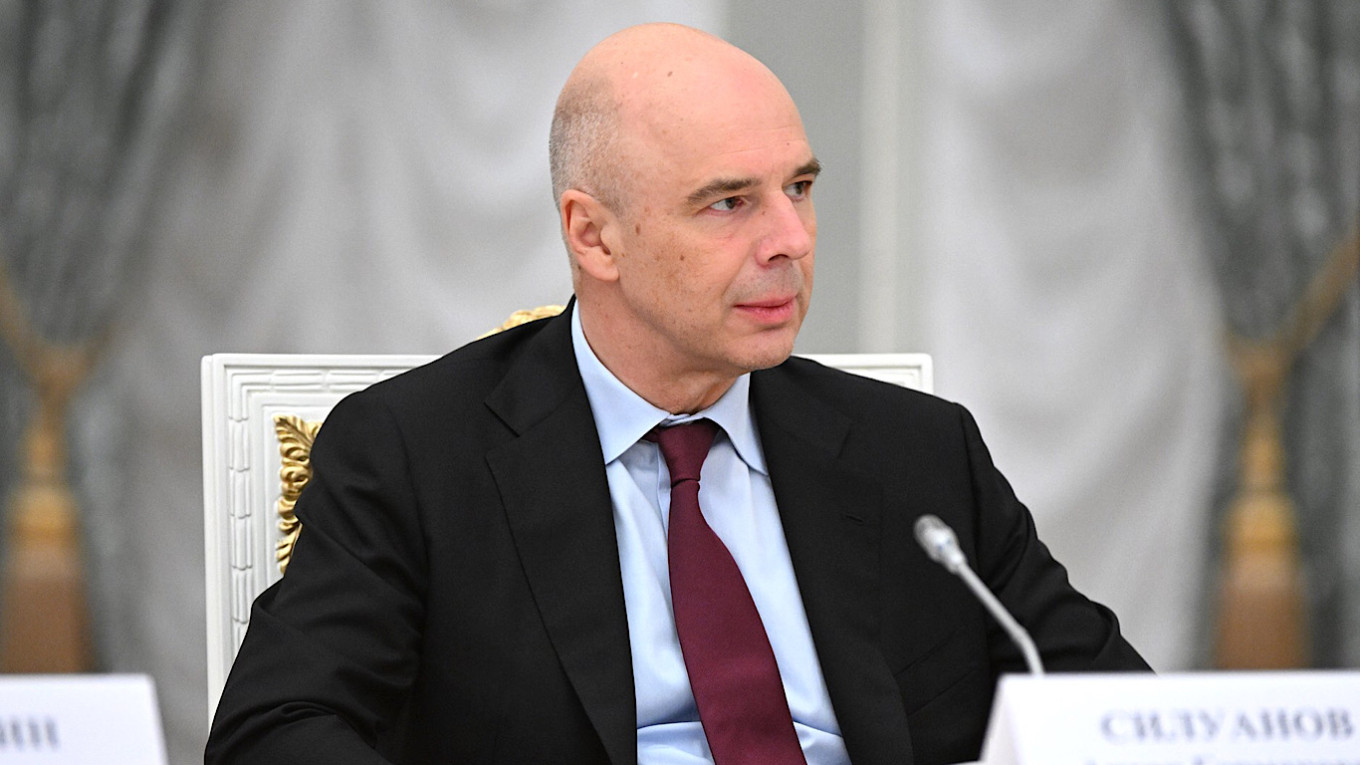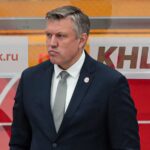Russia’s strategy to increase its value-added tax (VAT) aims to support escalating defense and security expenditures, and is anticipated to push consumer prices up by approximately 1% next year, according to Finance Minister Anton Siluanov on Monday.
“Changes in VAT could impact the financial performance of businesses. We estimate its effect on inflation to be around 1%, which has been incorporated into projections for wage and social payment adjustments,” Siluanov informed members of Russia’s upper legislative chamber, the Federation Council.
Last month, the Finance Ministry suggested raising the VAT from 20% to 22% starting next year to address a growing budget deficit amid record military expenditures. This deficit is expected to reach 5.74 trillion rubles (approximately $69 billion), representing 2.6% of GDP by 2025.
Previously, Sofia Donets, the chief economist at T-Investments, indicated that the overall consequences of the proposed VAT hike could result in an inflation rate of around 1.5% during the initial months of next year, as companies adjust their prices to preserve profit margins and pass on costs to consumers in advance.
In a separate statement on Monday, Economic Development Minister Maxim Reshetnikov informed lawmakers that high interest rates continue to negatively impact corporate earnings and investment, despite inflation decreasing to around 8%.
The key interest rate set by the Russian Central Bank currently stands at 17%, with analysts predicting potential rate cuts later this year.
However, Deputy Chairman of the Central Bank Alexei Zabotkin emphasized that authorities are prioritizing the stabilization of inflation before considering further reductions in rates. The Central Bank indicated last month that it anticipates inflation will reach between 6% and 7% by the year’s end, with hopes to return to its 4% target by 2026.
Siluanov stated that if lawmakers approve the VAT increase, along with economic growth and additional earnings, it would ultimately provide the Central Bank with the capacity to ease monetary policy.

